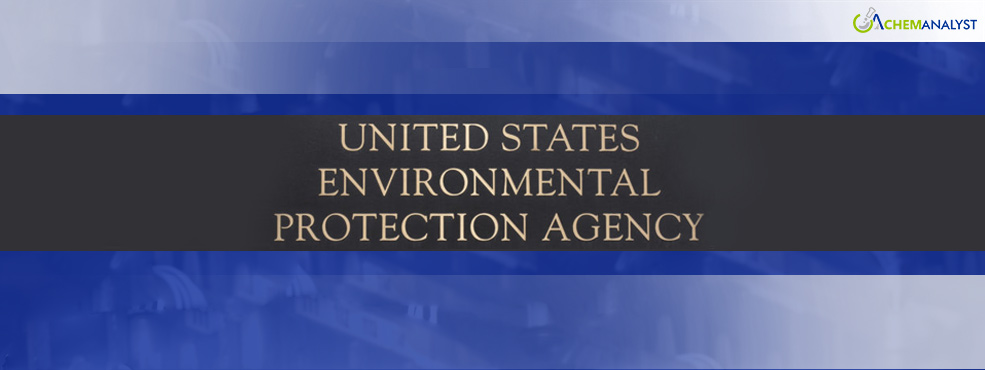Welcome To ChemAnalyst

The Environmental Protection Agency (EPA) has issued a final ban on the industrial solvents Trichloroethylene (TCE) and Perchloroethylene (PCE) under the Toxic Substances Control Act (TSCA), marking a significant step in the agency's efforts to curb the use of hazardous chemicals. While the official publication in the Federal Register is pending, the ban is expected to take effect within 30 days.
TCE and PCE have been widely used in various industries, including dry cleaning, metal degreasing, and chemical production. However, these chemicals are known to pose significant health risks, including cancer and reproductive harm.
The ban prohibits the manufacture, import, production, processing, distribution, use, and disposal of TCE and PCE, as well as products containing these chemicals. While the rules will be phased in gradually for certain uses, the ban ultimately aims to eliminate the use of these chemicals entirely.
• PCE: The ban on PCE in new dry-cleaning machines will take effect within six months, with a 10-year phaseout for older machines. Other consumer and commercial uses of PCE, along with many industrial applications, will be banned within three years.
• TCE: Consumer and commercial uses of TCE will be banned within one year, while certain industrial sectors will have a longer phase-out period.
The EPA has also established strict workplace controls under the Workplace Chemical Protection Program (WCPP). This program requires companies to implement several safety measures, including the development of detailed exposure control plans to identify, monitor, and control worker exposure to TCE and PCE. Companies must also provide appropriate personal protective equipment (PPE) for workers and conduct regular training programs to educate them on the hazards of these chemicals and safe handling practices.
The ban will also impose significant recordkeeping and reporting requirements on manufacturers, processors, and distributors of TCE and PCE.
• Record-Keeping:Manufacturers and processors must maintain detailed records of TCE and PCE usage and production, including quantities, for a minimum of five years.
• Downstream Notification:Distributors of TCE and PCE are obligated to inform downstream users about the regulatory restrictions and provide Safety Data Sheets (SDS) that outline the hazards and safe handling practices of these chemicals.
• Annual Reporting:Companies are required to submit annual reports to the EPA that detail their compliance with the new regulations. These reports must include any instances of non-compliance and the corrective actions taken to address them.
Industry Response
Industry groups have expressed concerns about the potential economic impacts of the ban, particularly for the dry cleaning industry. They argue that the phase-out period for older dry cleaning machines may not be sufficient and may lead to job losses and business closures.
We use cookies to deliver the best possible experience on our website. To learn more, visit our Privacy Policy. By continuing to use this site or by closing this box, you consent to our use of cookies. More info.
